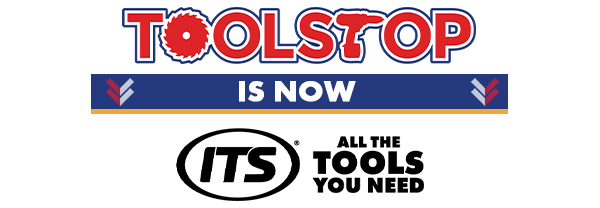Fibreglass Ladders
Fibreglass ladders are the go-to option for electricians and site teams working near electrical hazards. Tough, non-conductive and EN131-certified, they’re a must for trades who prioritise safety and durability.
Who Uses Fibreglass Ladders?
Fibreglass ladders are trusted across UK trades for their safety, strength and compliance:
- Electricians – Work safely around live wires and fuse boxes.
- HVAC & Mechanical Fitters – Climb with confidence in utility zones.
- Maintenance Crews – Handle reactive jobs indoors and out.
- Construction Contractors – Stay site-compliant with EN131-rated access.
Fibreglass Ladders Are Great for Jobs Such As:
- Electrical installs and fuse board access
- Ceiling wiring or pipe routing
- Internal maintenance in schools and hospitals
- Data cabling and fire alarm fitting
- Working in wet or outdoor conditions where conductivity is a risk
How to Choose the Best Fibreglass Ladder
When choosing a fibreglass ladder, it’s all about height, job type and frequency of use. Here's what to look for:
1. Height & Reach
Step ladders: Ideal for indoor use and fixed-level tasks.
Extension ladders: Designed for height and outdoor reach.
2. Safety Standards
Look for EN131 certification to ensure UK site compliance. This rating covers durability, load capacity and non-slip features.
3. Conductivity Protection
Fibreglass is non-conductive, so it's the safest option when working around electrics. Unlike aluminium, it won’t carry current.
4. Folding & Transport
Opt for ladders with compact folding or rope-pulley extensions for easier van storage and single-person carry.
Recommended Accessories for Fibreglass Ladders
Keep your setup compliant and site-safe with accessories that boost safety and stability.
1. Ladder Stabiliser Feet
Prevent slips and improve grip on wet or uneven surfaces.
2. Cable Hooks & Trays
Hold tools, cable reels or fixings while working at height.
3. Ladder Mats & Wedges
Level out ground beneath the ladder to avoid lean or tilt.
Frequently Asked Questions
Are fibreglass ladders safer than aluminium?
Yes – especially for electrical work. Fibreglass does not conduct electricity, making it a safer choice around cables and live circuits.
Are these ladders heavy?
Fibreglass ladders are slightly heavier than aluminium, but this helps improve stability and resistance to flex. Most are still light enough for solo use.
Can I use a fibreglass ladder outdoors?
Yes, they are weather-resistant and won't corrode or degrade in rain. Many are designed for use on-site, in wet or outdoor conditions.
What does EN131 mean?
EN131 is a UK safety standard for ladders. It ensures the product meets guidelines for structural integrity, grip, slip resistance, and overall safety.
Do I need stabilisers with a fibreglass ladder?
For uneven ground or outdoor work, yes. Stabilisers improve grip and prevent tipping – especially with extension ladders or wet ground.


